In 1956, amidst the turmoil of a young country just emerging from war, Vietnam made a strategic decision: Joining the founding of the Joint Institute for Nuclear Research (JINR) in Dubna, the Soviet Union (now part of the Russian Federation).
As early as the 1960s, when the war had not yet ended, Vietnam sent hundreds of cadres to Dubna to study and research.
Many of them later became Vietnam's leading scientists in the field of nuclear physics and technology, such as Professor Nguyen Dinh Tu - who participated in the discovery of the negative sigma antiparticle, Professor Nguyen Van Hieu - an expert in the symmetry theory of elementary particles and the process of multi-particle generation in the high-energy region, Lenin Prize winner in 1986.
This was not only a symbolic act of international scientific integration, but also a testament to the vision of Vietnamese intellectual leaders of that period, who believed that science and technology - especially basic science - would be the foundation for the country's sustainable, independent and modern development.
That vision entered a new phase in 1982, when the Vietnam Academy of Science and Technology (VAST) was assigned by the Government to be the plenipotentiary representative at the most modern scientific research facility in the Soviet Union at that time, which was also the most modern facility in the world.
In this role, VAST continuously promotes cooperation and leads Vietnam's research activities in Dubna in a systematic and effective manner.
From 2022, cooperation between the two sides will enter a new stage of development, linking basic research with domestic practical needs through the development and implementation of many bilateral research project proposals, expanding the scope of cooperation from basic nuclear physics to applied fields such as materials, biology, medicine and environment.
Professor-Doctor Tran Tuan Anh - Vice President of VAST, Plenipotentiary Representative of Vietnam at JINR - said that in the context of strong development of science and technology today, research and training of Vietnamese scientists at JINR has been given a strong legal foundation when the Party Central Committee issued Resolution 45 on developing intellectuals and Resolution 57-NQ/TW on breakthroughs in science, technology, innovation and national digital transformation.
Professor-Doctor Tran Tuan Anh firmly believes that with the resumption of the policy of using nuclear power and planning for nuclear power, the team of Vietnamese scientists working and studying in Dubna will play a key role in socio-economic development, contributing to high-level scientific and technical training, especially basic science as well as its applications.
Sharing this view, Professor-Doctor Grigory Trubnikov - Academician of the Russian Academy of Sciences, Director of JINR - said that Vietnam has chosen the right direction when setting the goal of making science, technology and innovation the main driving force for socio-economic development.
As one of the senior researchers at JINR, Dr. Nguyen Van Tiep, a physicist at the Nuclear Reactions Laboratory, shared that Resolution 57 shows that Vietnam is progressing with the most advanced countries in the region such as South Korea, Japan and China in promoting the development of science and technology.
According to Dr. Nguyen Van Tiep, Vietnamese intellectuals studying and working abroad have undeniable advantages such as the opportunity to access advanced technologies, modern research methods and international expert networks, the ability to participate in the process of technology transfer from abroad to Vietnam, a solid academic foundation and international work experience, the ability to organize short-term training courses, international seminars, and the ability to cooperate with educational institutions to improve the capacity of the Vietnamese scientific community.
Therefore, effectively using this force not only helps improve Vietnam's competitiveness but also contributes to bringing the country closer to the goal of becoming a developed country by 2045.
Postgraduate student Mai Quynh Anh, who is working at the JINR Nuclear Reactions Laboratory, highly appreciates the working environment at the Institute.
Currently, Quynh Anh is participating in research and development of core technologies such as developing Artificial Intelligence (AI) to serve the digital transformation process.
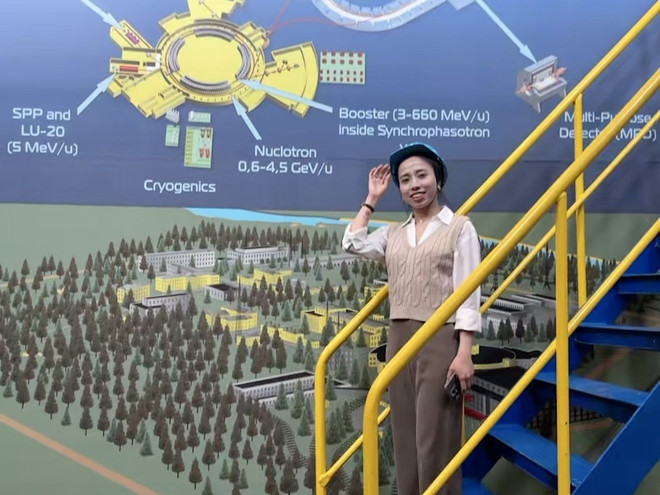
Application of AI and Big Data in monitoring, optimizing reactor performance, analyzing radiation safety and system maintenance; blockchain in nuclear fuel management to ensure transparency and safety in the fuel supply chain from mining, uranium enrichment to radioactive waste treatment.
Quynh Anh said JINR attracts many international scientists thanks to its flexible working mechanism, allowing them to participate in research without having to completely change their place of residence.
The young researcher hopes that in the future, thanks to new policies, Vietnam will also build a high-quality research infrastructure, have a flexible cooperation mechanism to connect with Vietnamese scientists abroad, and at the same time build an innovative scientific environment, attract talent and apply advanced technology to socio-economic development.
With the active support of the Vietnamese Embassy in the Russian Federation as well as professional exchange activities of Vietnamese science and technology representatives in Russia, the young Vietnamese research group at JINR has formed a close-knit community, supporting each other in research and stabilizing life both materially and spiritually.
The Vietnamese Embassy in the Russian Federation has closely coordinated in bringing delegations of Vietnamese students and children of the Vietnamese community in the Russian Federation to visit Dubna to learn about the research activities of a leading international organization in the world such as JINR, and to help them interact with the staff here to share the solidarity of compatriots, contributing to uniting the Vietnamese community in the Russian Federation.
In particular, the Vietnamese Party Cell at JINR was approved by the Party Committee of the Vietnamese Embassy in the Russian Federation to operate in December 2022 and contribute to strengthening the political qualities of young Vietnamese scientists - those who are living and working in the international scientific community with diverse nationalities and cultures.
Ambassador Dang Minh Khoi said the quality of basic education in the Russian Federation has always been affirmed to be world-class. Science, technology and nuclear research are Russia's strengths.
Therefore, generations of Vietnamese students and postgraduates in Russia have good conditions for learning and research environment. Dubna Institute is the place to train many generations of young scientists for Vietnam.
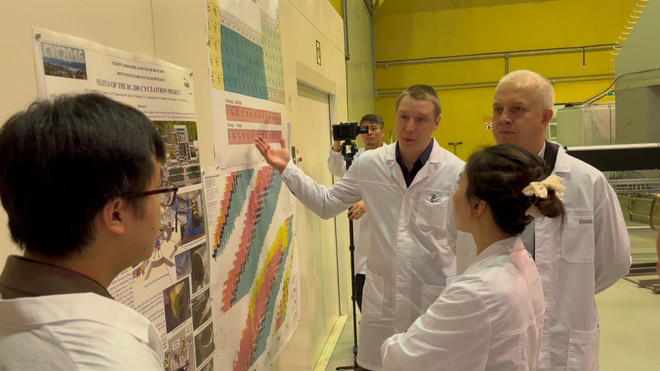
The Ambassador believes that the team of young scientists in Dubna in particular and Russian training institutions in general will follow in the footsteps of previous generations, becoming the core of scientific sectors in the process of bringing the country to new heights in science and technology and entering a new era - the era of the rise of the Vietnamese people.
As of 2024, the number of Vietnamese staff working at JINR has increased to 36 and is expected to reach 45 in 2025, the highest number ever and among the countries with the largest number of staff at JINR.
The team has not only increased in quantity but also in quality. Last year, Vietnamese scientists published 36 international articles, of which more than half were published in prestigious Q1 journals.
Young Vietnamese researchers have participated in operating accelerator equipment, conducting experiments with neutron beams and heavy ions, studying nanomaterials, as well as contributing to theoretical physics groups - fields that require high skills and academic background.
Postgraduate training continues to be promoted. In 2023, five PhD students successfully defended their dissertations and one master's student completed the program at the University of Dubna.
Most of the topics are related to experimental research at JINR, helping to create a new generation of scientists who are both solid in theory and proficient in modern equipment, ready to serve the development strategy of high-tech fields in Vietnam.
It is noteworthy that it is thanks to the fundamental research environment at JINR - which delves into the nature of matter, particle interactions and neutron reactions - that Vietnam can properly prepare for its national nuclear power program.
The ability to analyze, simulate and operate nuclear systems would not be possible without a solid theoretical and experimental foundation in nuclear physics.
In the context of Resolution 57 being issued and promoted by the Politburo, the role of science, technology and innovation is the main driving force for socio-economic development, and the achievements from JINR are a vivid demonstration of Vietnam's proactive, creative and cooperative spirit in the right direction.
Investing in basic science is not a luxury but the foundation for all applied breakthroughs. Cooperation with JINR under the leadership of the Vietnam Academy of Science and Technology in particular and international cooperation in systematic science in general will continue to be one of the important pillars in the journey to build a developed, self-reliant Vietnam, ready to enter the era of global technological integration./.
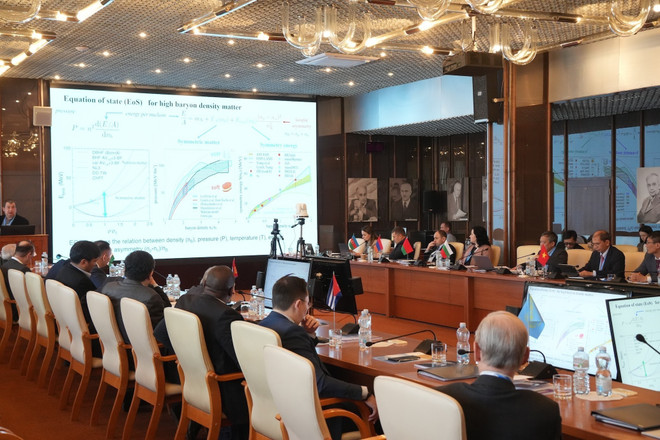
Source: https://www.vietnamplus.vn/huong-di-dung-dan-cho-ky-nguyen-phat-trien-vuot-bac-ve-khoa-hoc-cong-nghe-post1033701.vnp




![[Photo] Prime Minister Pham Minh Chinh chairs a special Government meeting on the arrangement of administrative units at all levels.](https://vphoto.vietnam.vn/thumb/1200x675/vietnam/resource/IMAGE/2025/5/9/6a22e6a997424870abfb39817bb9bb6c)
![[Photo] Magical moment of double five-colored clouds on Ba Den mountain on the day of the Buddha's relic procession](https://vphoto.vietnam.vn/thumb/1200x675/vietnam/resource/IMAGE/2025/5/9/7a710556965c413397f9e38ac9708d2f)
![[Photo] Russian military power on display at parade celebrating 80 years of victory over fascism](https://vphoto.vietnam.vn/thumb/1200x675/vietnam/resource/IMAGE/2025/5/9/ce054c3a71b74b1da3be310973aebcfd)
![[Photo] General Secretary To Lam and international leaders attend the parade celebrating the 80th anniversary of the victory over fascism in Russia](https://vphoto.vietnam.vn/thumb/1200x675/vietnam/resource/IMAGE/2025/5/9/4ec77ed7629a45c79d6e8aa952f20dd3)


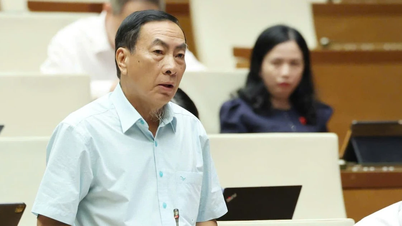
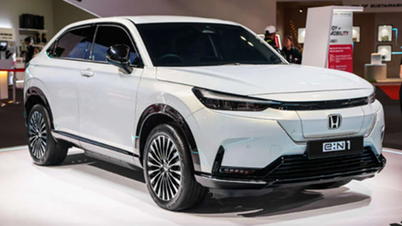
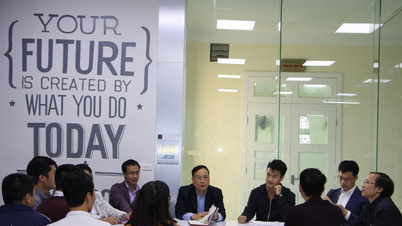





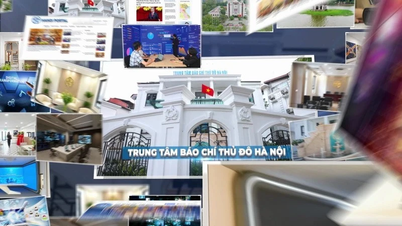
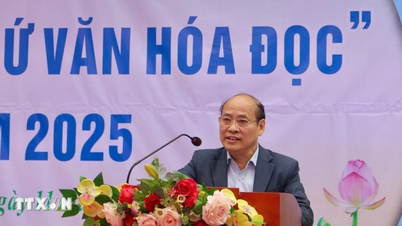
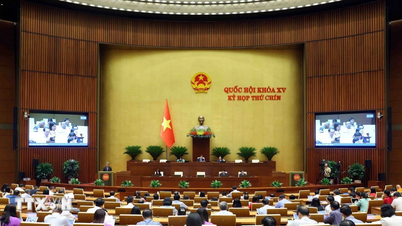
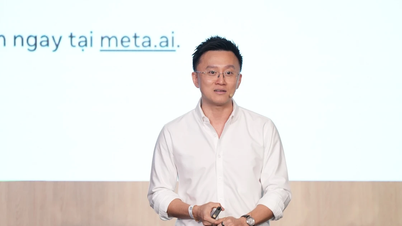


















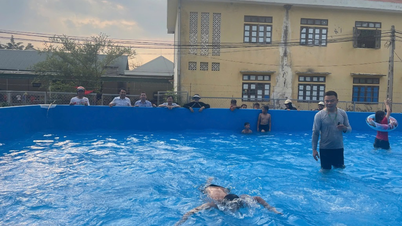

















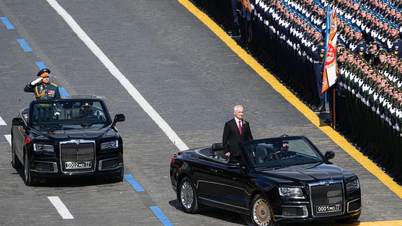

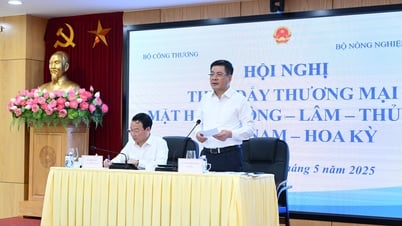



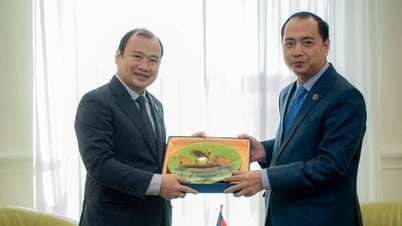
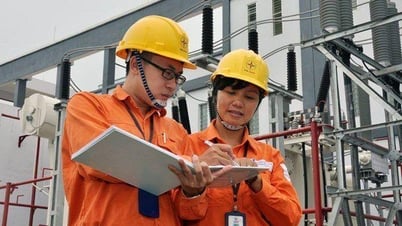
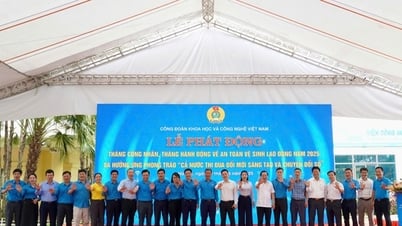

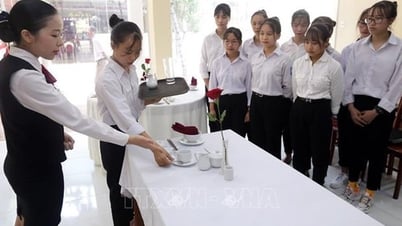








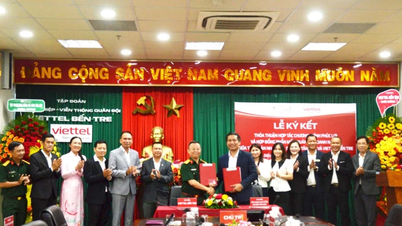

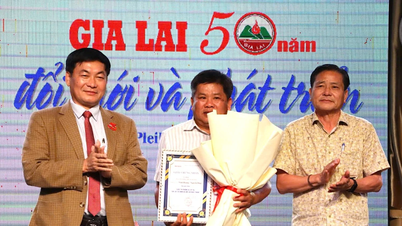












Comment (0)